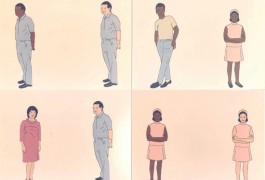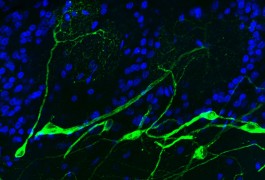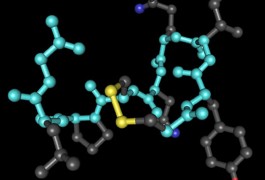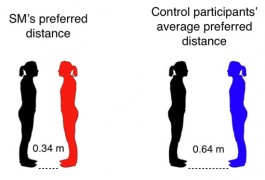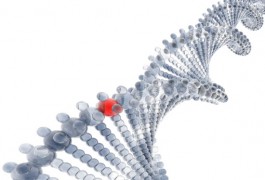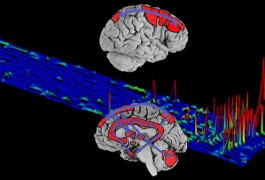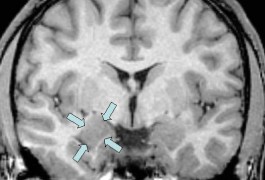Williams syndrome precludes racial bias, study finds
Children with Williams syndrome — a rare genetic disorder that leads to mental retardation and overt friendliness — hold stereotypes based on gender, but not race, according to a report published in Current Biology. Because those with Williams syndrome don’t have social fear, the study suggests racial stereotypes are based partly on fear.
